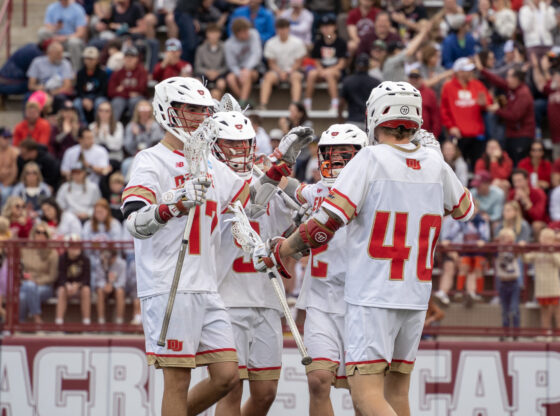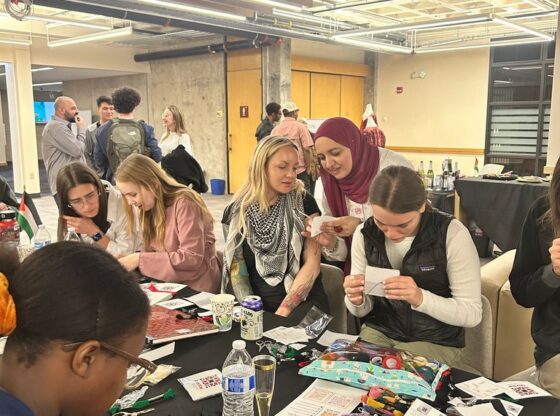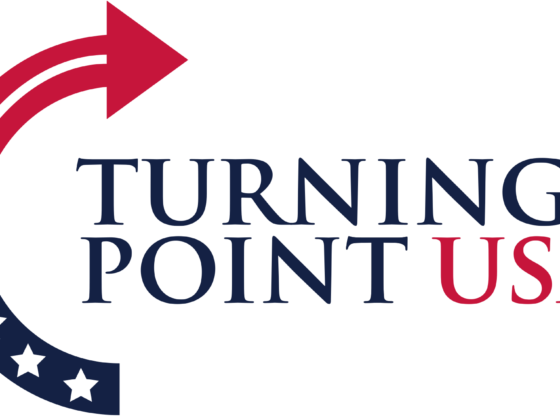 Photo by: Kaitlin Mastroianni
Photo by: Kaitlin Mastroianni
Some 300 students, faculty and community members participated Friday in the sixth annual Diversity Summit sponsored by the AUSA Senate.
The day-long event featured speakers, dialogues and workshops that focused on promoting inclusive excellence on campus.
Mia Schutte, chair of the event, was pleased with the attendance, pointing out that the conference initially began with “45 participants” and grew to “over 300.”
The keynote speaker was Jeffrey Milem, a professor at the Center for Higher Education at the University of Arizona and co-author of Making Diversity Work on Campus: A Research-Based Perspective. He spoke on how diversity can become a reality in every educational environment.
One of the morning events was the Administrator’s Roundtable on Implementing Excellence that showcased the administrative efforts being made to promote and encourage both social and academic diversity.
According to Schutte, the staff committee tried to “combine many elements to make the day interactive.” This approach was used in a version of the popular Monopoly game, where the objective was to create a mix of ethnic, gender and socioeconomic holdings.
The day ended with a reception in the Driscoll Student Gallery, where students and others attending the event sampled an impressive chocolate-fondue fountain, had the opportunity to reflect on the day’s events and become familiar with specific clubs and organizations on campus that are working to implement diversity.
Schutte said she is convinced that the increased popularity of the conference is due to the effort to make this a campus-wide event.
“Speakers and organizers at the [Diversity Summit] originate from the law school, to campus-based diversity organizations, to the Living and Learning Communities,” she said.
Some of the participating organizations were Hillel, which is a Jewish resource center on campus, the Latino Student Alliance (ASA), which encourages a strong and positive Latino presence through cultural awareness and the Center for African-American Policy, which blends academics, public policy, and community and public service to achieve positive changes for present and future African Americans. Also represented was BELAY, a student-led organization that focuses on informing, supporting and guiding faculty, staff, students and parents on the issues of disability and self-encouragement.











